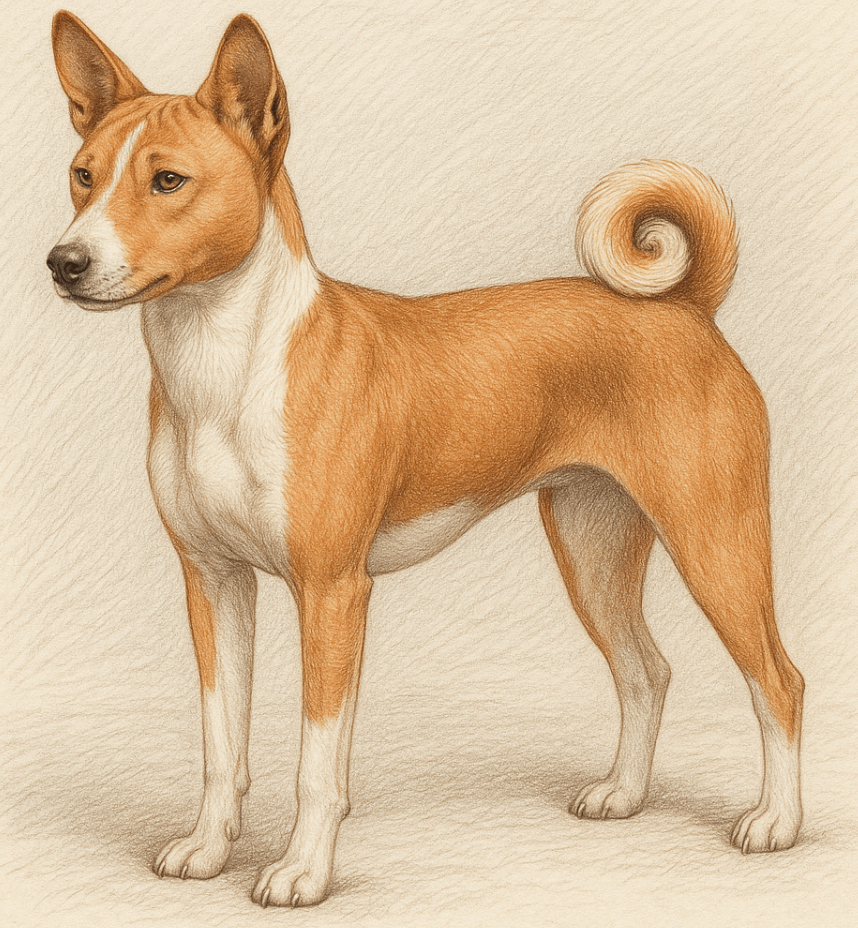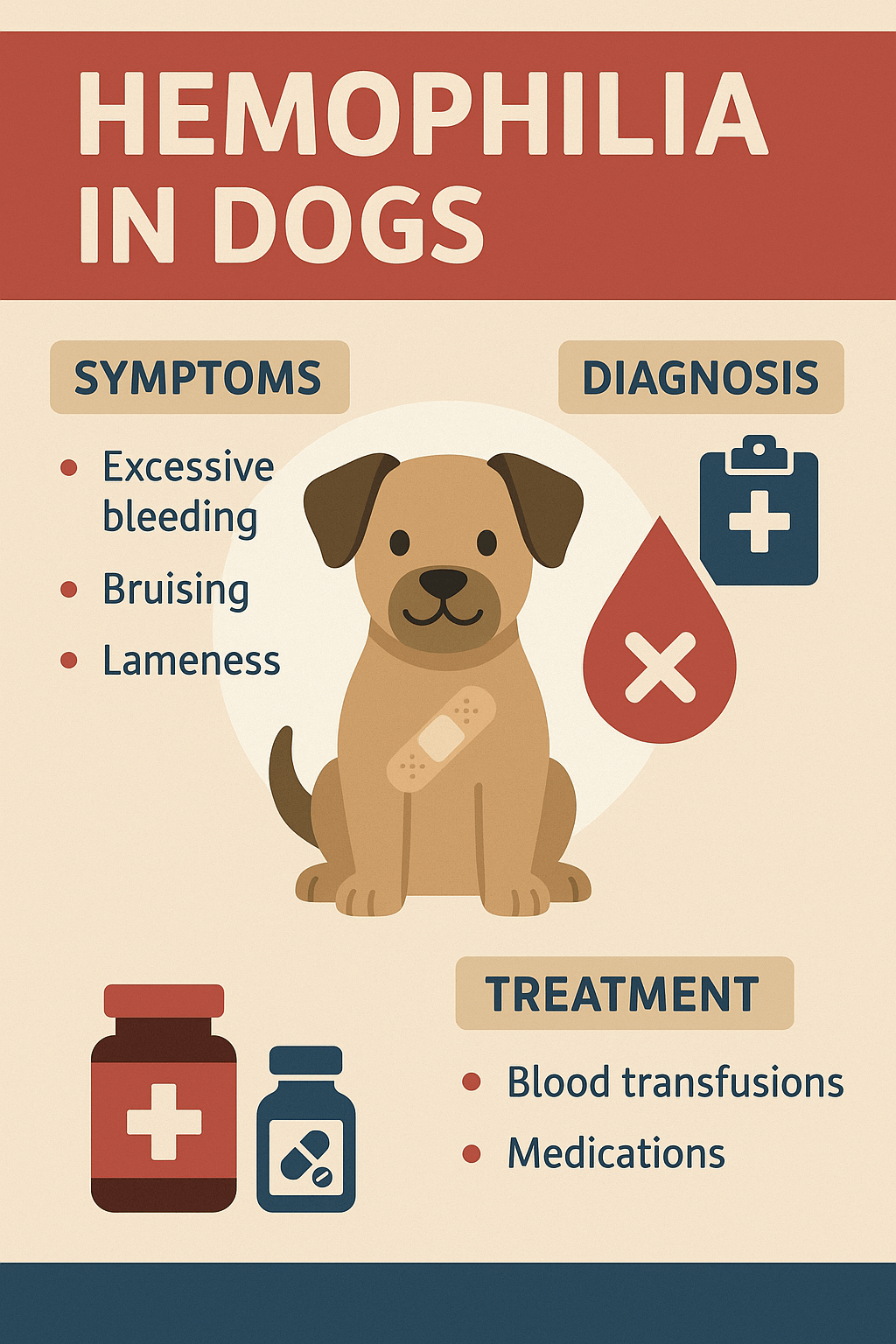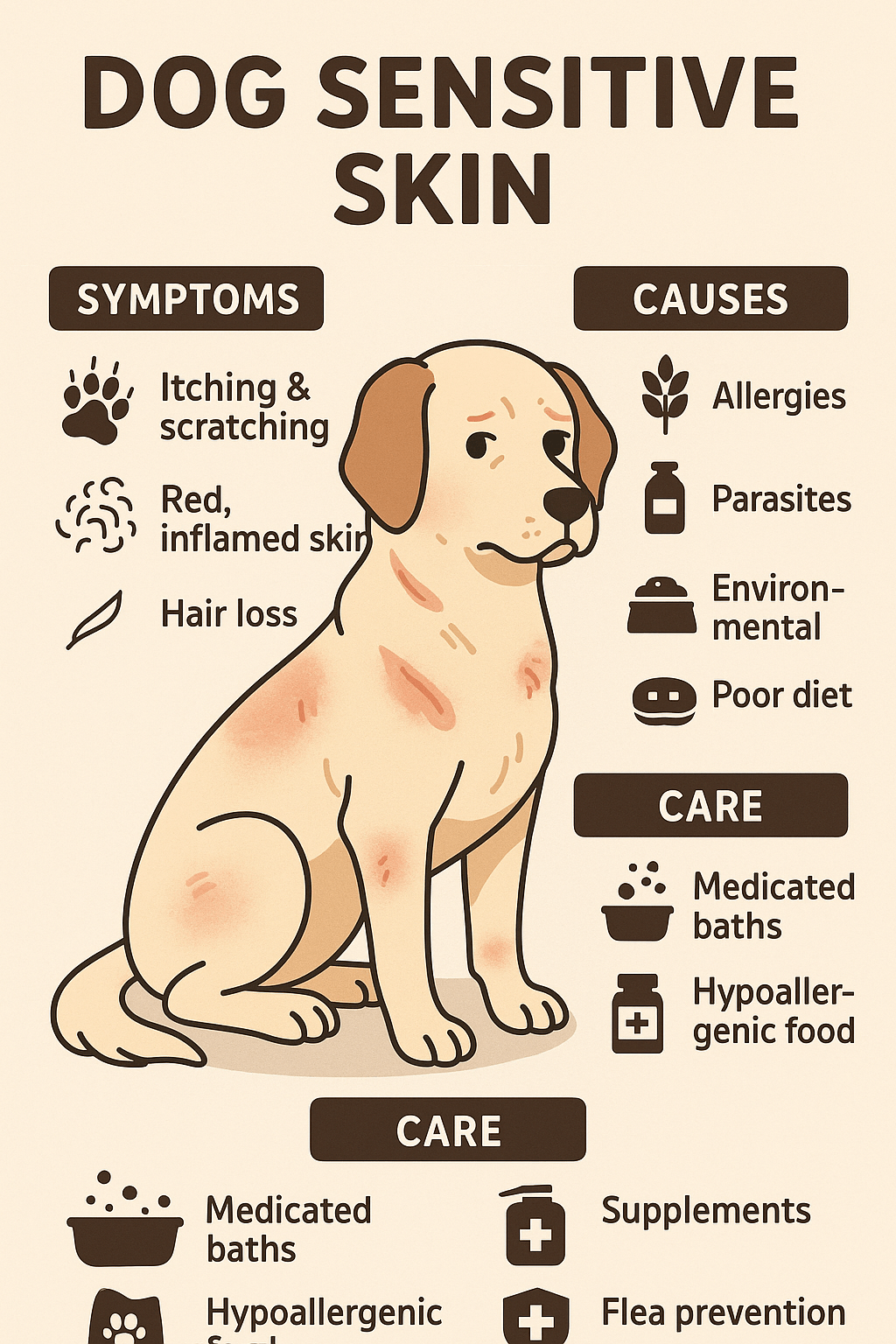Basenji Dog Size: What You Need to Know
The Basenji is a unique and fascinating breed, often referred to as the “barkless dog.” While their playful personality and independent nature make them stand out, understanding their size is equally important for potential owners. The Basenji’s compact yet athletic build makes them well-suited for various living environments, from apartments to larger homes. In this blog post, we’ll explore everything you need to know about the Basenji’s size, including height, weight, growth patterns, and how their size impacts their care and lifestyle. Whether you’re considering adopting a Basenji or simply curious about the breed, this guide will provide valuable insights into their physical characteristics.
Understanding the Basenji’s Size: Key Measurements
The Basenji is a medium-sized dog with a lean and muscular build. Their size is one of the factors that contribute to their agility and endurance. Here are the key measurements that define the Basenji’s size:
Height:
Male Basenjis typically stand between 16 to 17 inches (41 to 43 cm) at the shoulder.Weight:
Adult male Basenjis usually weigh between 22 to 24 pounds (10 to 11 kg).Height for Females:
Female Basenjis are slightly smaller, standing between 15 to 16 inches (38 to 41 cm) tall.Weight for Females:
Female Basenjis generally weigh between 20 to 22 pounds (9 to 10 kg).Body Proportions:
The Basenji has a balanced and proportionate body, with a deep chest and a tucked-up waist that emphasizes their athleticism.
These measurements highlight the Basenji’s compact yet sturdy frame, making them an ideal companion for active individuals and families.
Factors That Influence Basenji Size
Several factors can influence the size of a Basenji, including genetics, diet, and overall health. Understanding these elements helps ensure your Basenji grows into a healthy and well-proportioned adult.
Genetics:
A Basenji’s size is largely determined by their lineage. Responsible breeding practices help maintain consistent size standards within the breed.Nutrition:
A balanced diet rich in protein, vitamins, and minerals supports healthy growth and development during puppyhood.Exercise:
Regular physical activity promotes muscle tone and prevents obesity, which can negatively impact a Basenji’s size and health.Health Conditions:
Certain medical issues, such as hormonal imbalances, can affect a Basenji’s growth. Regular vet check-ups are essential for early detection.Neutering/Spaying Timing:
Early neutering or spaying may alter a Basenji’s growth plate closure, potentially affecting their final size.
By addressing these factors, you can help your Basenji reach their full size potential while maintaining optimal health.
Check this guide 👉Swiss Mountain Dog Size: Best 7 Expert Tips!
Check this guide 👉Brittany Spaniel Dog Size: Best 7 Expert Tips!
Check this guide 👉Beauceron Dog Size: Best 7 Expert Tips!

Basenji Size Characteristics | Care Tips Based on Size |
|---|---|
Compact and athletic build | Provide plenty of exercise to match energy levels |
Weighs 20-24 pounds as adults | Monitor food portions to prevent overfeeding |
Stands 15-17 inches tall | Choose appropriately sized toys and accessories |
Balanced and proportionate frame | Schedule regular vet visits to monitor growth |
Lean muscle mass | Ensure a high-quality diet for muscle maintenance |
How Basenji Size Impacts Living Arrangements
The Basenji’s size makes them adaptable to various living spaces, but it also comes with specific considerations. Here’s how their size influences their suitability for different environments:
Apartment Living:
Their small to medium size allows Basenjis to thrive in apartments, provided they receive enough exercise and mental stimulation.Space Requirements:
Despite their manageable size, Basenjis need room to move and play indoors to burn off excess energy.Traveling Companions:
Their compact size makes Basenjis excellent travel companions, fitting comfortably in carriers and cars.Outdoor Activities:
Basenjis’ agility and endurance allow them to excel in outdoor activities like hiking and agility training, despite their smaller stature.Family Compatibility:
Their size makes them suitable for families with older children, though supervision is necessary to prevent rough handling.
Considering these factors ensures that your Basenji’s size aligns with your lifestyle and living arrangements.
Common Misconceptions About Basenji Size
There are several misconceptions about the Basenji’s size that can lead to misunderstandings about the breed. Clarifying these myths helps set realistic expectations for potential owners.
“Basenjis Are Toy-Sized Dogs”:
While compact, Basenjis are not toy breeds. They have a sturdy build and require more exercise than smaller lap dogs.“Their Size Means They Don’t Need Much Exercise”:
Despite their moderate size, Basenjis are highly energetic and need daily physical activity to stay healthy.“They’re Too Small for Outdoor Adventures”:
Basenjis’ athleticism and endurance make them perfect for outdoor activities, regardless of their size.“Basenjis Are Fragile Because of Their Size”:
Though lean, Basenjis are muscular and resilient, capable of handling active lifestyles.“All Basenjis Are the Same Size”:
Individual Basenjis may vary slightly in size due to genetics and other factors, even within breed standards.
Dispelling these misconceptions ensures a better understanding of the Basenji’s true nature and needs.
Tips for Managing a Basenji’s Size During Puppyhood
Raising a Basenji puppy requires attention to their growth and development to ensure they grow into a healthy adult. Here are some tips to manage their size effectively:
Provide Age-Appropriate Nutrition:
Feed your Basenji puppy food formulated for medium-sized breeds to support steady growth.Monitor Weight Gain:
Avoid overfeeding, as excessive weight can strain their developing joints and bones.Encourage Playful Exercise:
Focus on short, playful activities rather than intense workouts to protect their growing bodies.Schedule Regular Vet Visits:
Track your puppy’s growth milestones to ensure they’re developing within the expected size range.Socialize with Other Dogs:
Interacting with similarly sized dogs helps your Basenji learn appropriate play behavior.
By following these tips, you can help your Basenji grow into a healthy and well-proportioned adult.
Choosing the Right Gear for Your Basenji’s Size
Selecting appropriately sized gear is essential for your Basenji’s comfort and safety. Here’s what to consider when shopping for your dog:
Collars and Harnesses:
Choose adjustable collars and harnesses designed for small to medium-sized dogs to ensure a snug fit.Dog Beds:
Opt for beds that provide enough space for your Basenji to stretch out comfortably without being too large.Toys:
Select durable toys that are appropriately sized to prevent choking hazards while satisfying their chewing instincts.Travel Carriers:
Use carriers that are spacious enough for your Basenji to stand and turn around but not excessively large.Clothing (if needed):
If dressing your Basenji, choose garments specifically tailored for their lean and athletic build.
Properly sized gear enhances your Basenji’s comfort and ensures their safety during daily activities.
How to Maintain a Healthy Weight for Your Basenji
Maintaining a healthy weight is crucial for your Basenji’s overall well-being and longevity. Here are some strategies to keep their size in check:
Portion Control:
Measure your Basenji’s food portions carefully to avoid overfeeding and unnecessary weight gain.Regular Exercise:
Incorporate daily walks, playtime, and interactive games to keep your Basenji physically active.Avoid Table Scraps:
Human food can be high in calories and unhealthy for your Basenji, leading to weight issues.Monitor Treat Intake:
Limit treats to no more than 10% of your Basenji’s daily caloric intake to prevent excessive snacking.Track Changes in Body Condition:
Regularly assess your Basenji’s body condition score to detect any weight fluctuations early.
By prioritizing a healthy weight, you can ensure your Basenji stays active, happy, and free from size-related health problems.
Tips for Managing a Basenji’s Size During Puppyhood
What is the average size of a Basenji?
Basenjis typically stand 15-17 inches tall and weigh 20-24 pounds, depending on gender.
Are Basenjis considered small or medium dogs?
Basenjis are classified as small to medium-sized dogs due to their height and weight range.
Do male and female Basenjis differ in size?
Yes, males are slightly taller and heavier than females, but the difference is minimal.
How does a Basenji’s size compare to other breeds?
Basenjis are smaller than many sporting breeds but larger than toy breeds, with a lean and athletic build.
Can a Basenji’s size change with age?
Basenjis reach their full size by around 12 months of age, but proper care ensures they maintain a healthy weight throughout life.
Embracing the Basenji’s Unique Size and Traits
The Basenji’s size is just one of the many qualities that make this breed so special. Their compact yet athletic build, combined with their playful and independent nature, makes them a joy to own. By understanding their size-related needs and characteristics, you can provide the best possible care for your Basenji and enjoy a lifelong bond with this remarkable dog. Whether you live in a cozy apartment or a spacious home, the Basenji’s adaptability and charm will undoubtedly win your heart.
Rimadyl for Dogs: Best 7 Expert Tips! Discover expert advice on using Rimadyl safely, managing pain, and improving your dog’s mobility with trusted veterinary insights.
Can Dogs Have Tylenol for Pain? Best 7 Expert Tips! Discover the risks, safe alternatives, and expert advice on managing your dog’s pain effectively while avoiding harmful medications.
Understanding Hemophilia in Dogs: Best 7 Expert Tips! Discover expert advice on managing hemophilia, recognizing symptoms, and ensuring your dog’s well-being with practical care strategies.
Understanding Dog Sensitive Skin: Best 7 Expert Tips! Discover expert advice on managing dog sensitive skin, relieving irritation, and improving your pup’s comfort with practical solutions.




